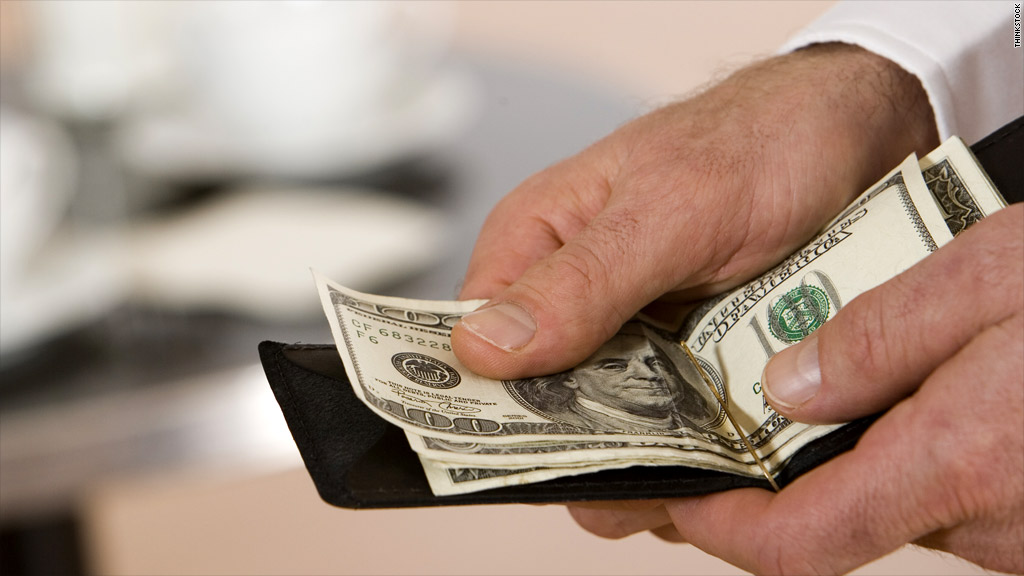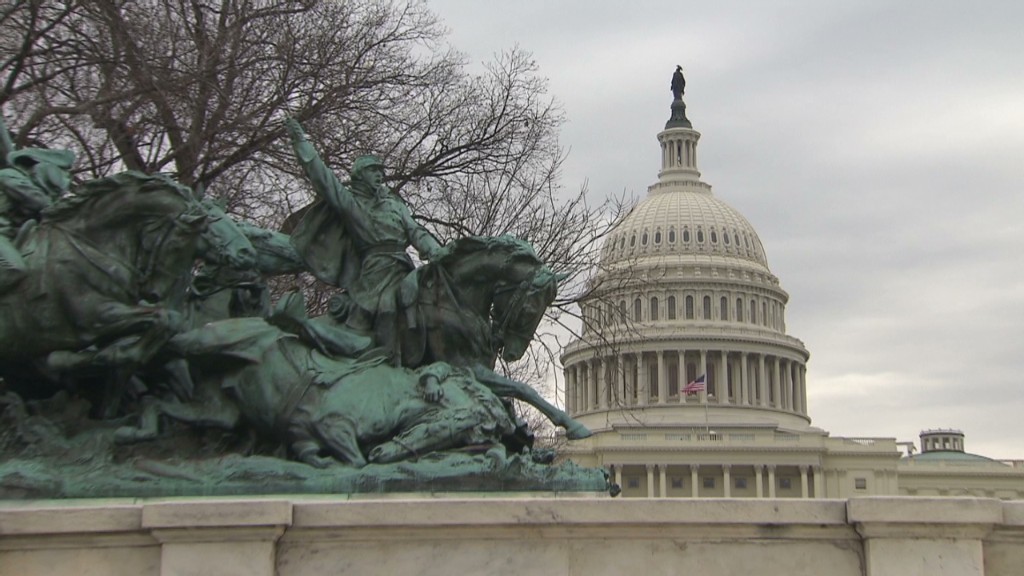
The rich will pay more in taxes in 2013 regardless of the outcome of the fiscal cliff. That's because two new taxes enacted to fund President Obama's health care reform kick in January.
The new levies will help foot the bill for the program to expand health care coverage for the uninsured, which involves government subsidies for lower- and middle-income Americans.
The vast majority of taxpayers will escape unscathed, however. Fewer than 2% will be subject to the new taxes, said Roberton Williams, a senior fellow at the Tax Policy Center.
Here's what's coming:
Medicare payroll tax: Single taxpayers earning more than $200,000 and couples making more than $250,000 will have to pay an additional 0.9% payroll tax on the amount they earn above those thresholds.
Unlike traditional payroll taxes, however, this tax will be based on household income, not individual earnings. So couples may find themselves subject to it even if they each make less than $250,000.

That could lead to a surprise at tax time since employers withhold payroll taxes only on their own workers.
For instance, if a husband and wife each earn $175,000, they will owe the additional tax, but their employers likely will not have withheld it. So they will owe $900.
Related: How to survive the fiscal cliff
Investment income tax: Wealthier taxpayers with investment income could be subject to an additional 3.8% levy. Investment income includes interest, dividends and capital gains, among other things.
The formula is somewhat complicated. Only those with modified adjusted gross incomes above a threshold of $200,000, or $250,000 if married, need be concerned.
But filers don't always owe tax on all their investment income. It's just on the investment income that exceeds the threshold.
For example, if a married couple has income of $300,000, of which $275,000 is from wages and $25,000 is from investments, they would owe the tax on all the investment income, or $950 in taxes.
But if the same couple had $125,000 in investment income, they would owe tax only on $50,000, or $1,900 in taxes, because that's the amount that exceeds the threshold.
Related: Going over the Cliff - what changes, what doesn't
Deduction for medical expenses: Also, it will become harder to deduct medical expenses, though this deduction is more common among middle class taxpayers.
Until now, taxpayers could deduct medical expenses that exceeded 7.5% of their adjusted gross income. This level is rising to 10% next year.
One-third of the people who took this deduction had income in the $50,000 to $100,000 range in 2010, according to a CNNMoney analysis of Internal Revenue Service data. Only a tiny fraction of the rich took advantage of this deduction because their high incomes made it hard to reach the threshold.


